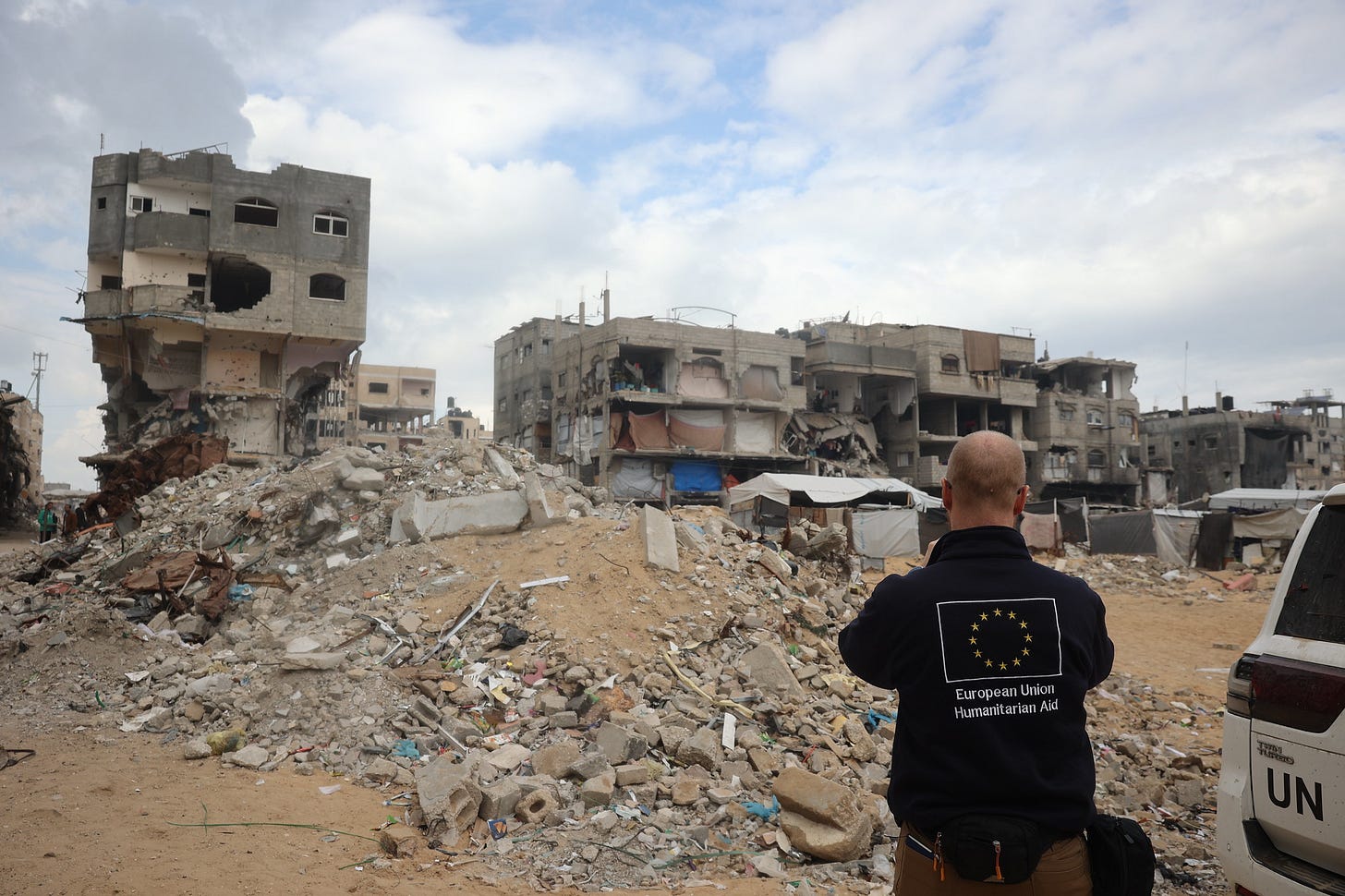Israel's New Method Of Forced Starvation Is Designed To Keep The Media Onside
Paperwork is taking the place of bombs in Israel's forced famine
By Dominick Skinner | 2 November 2025
For years, Israel has made famine a matter of paperwork. After destroying Gaza’s food infrastructure and obstructing direct aid, it has now turned back to using bureaucracy as a weapon of war. A slower tool for mass hunger, no doubt, but to the hungry, it…


